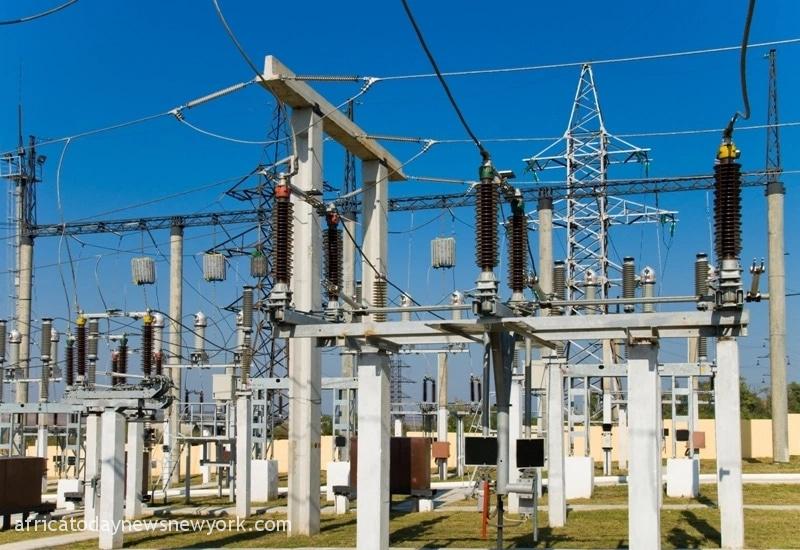The U.S. government’s Millennium Challenge Corporation (MCC) and the Government of Ghana have completed the 5-year, $316 million MCC-Ghana Power Compact yesterday, celebrating a partnership that created a more effective, sustainable, and inclusive power sector in Ghana.
In a statement, Deputy Chief Executive Officer, MCC, Mahmoud Bah said, ‘Today, we join the government of Ghana in celebrating a successful five-year grant programme that has had a positive and measurable impact on the country’s power sector.
‘Working together through the MCC-Ghana Power Compact, we built four major power stations, including the country’s two largest bulk supply points. We also instituted progressive reforms that will empower Ghanaian women to fully participate in and capitalize on opportunities in the power sector. The reforms are also to help bring reliable electricity into the homes and businesses of millions of Ghanaians which is a critical step in alleviating poverty across Ghana.’
MCC and the government of Ghana worked together to accelerate economic growth by investing in infrastructure and programmes that provide more reliable, affordable electricity to Ghanaian institutions, businesses, and households and by expanding opportunities for women in the power sector.
Read Also: Badaru Explains Role Buhari Has To Play In Power Shift
Through the MCC-Ghana Power Compact, the government of Ghana led the construction on all power substations as well as reforms to the Electricity Company of Ghana (ECG), which will positively impact nearly five million Ghanaians and provide power to critical medical facilities such as the University of Ghana Medical Centre and the Greater Accra Regional Hospital; installed more than 14,000 energy-efficient LED streetlights; and facilitated internship, development, and training opportunities in Ghana’s power sector for more than 700 female students in the fields of Science, Technology, Engineering, and Maths (STEM).
The ECG also adopted a new gender policy and action plan, targeting greater female recruitment and employee promotion, and will partner with the U.S. Agency for International Development’s Engendering Utilities Programme to continue making progress on creating a more inclusive, diverse energy sector workforce.
‘Affordable access to electricity creates opportunities for businesses, for women and underrepresented groups and for the well-being of families,’ added DCEO Bah. ‘Our accomplishments are many, but work remains to be done.’
In addition to implementing internship and mentoring programs for female STEM students, 30 schools implemented new green-energy curriculum to help promote good energy stewardship and energy efficient practices, and the Ghanaian government established the Air Conditioner and Refrigerator Test Laboratory. The Laboratory is the first of its kind in West Africa and will carry out tests and ensure that all air conditioners and refrigerators imported into Ghana meet the country’s minimum energy performance standards.
The Ghana Power Compact is the second MCC-Ghana partnership. The first compact, which closed in 2012, successfully implemented a $547 million investment in the country’s transport and agricultural sectors estimated to provide economic opportunities for over 1.2 million Ghanaians.

